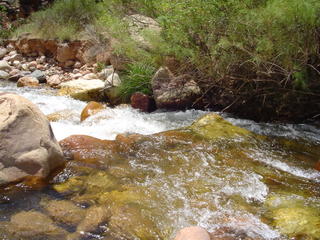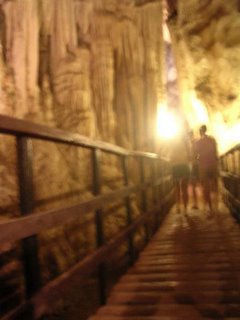Such a Precarious Position
It seems that I am going after the mindset of Christians, which of course is true on some level; but the rules apply to both sides. Once you only see what you believe, and are unwilling to listen, perhaps even understand, views that oppose yours; the only result is that your beliefs are weakened. Sitting with a friend for coffee recently, we’ve been discovering the defense of opposing views. Understand we come from drastically opposing viewpoints. What always seems to be missing is the ability to listen. That every interaction we enter into, we come with our views and our bias’s, and we are prepared to defend them and fight for them. It speaks to our desire to be right. I’m not just talking about religion, politics is an easy one, economics as well; basically anything that someone could have an opinion about. If we can’t listen, we can’t grow. It’s funny how the slightest opposition to some personnel ideology will send a person into a rage. What are people afraid of? That their long held beliefs will be invalidated? I have learned from those I didn’t agree with. I have questioned what I believe, and in some cases, found myself changing thoughts, if only slightly.
Some would say that changing beliefs shows a weakness in what I claimed to believe. This line of thinking saddens me more than any other. It is a stubborn approach to living. It is a backwards way of thinking. And it dominates our society. Christians scream relativism; society cries out of weakness. But I believe that that is the path to Truth; the way to God. Walking atop the fence, seeing the balance yin-yang speaks to, realizing hatred never helped anyone, and if you claim to fallow Christ, that above all else you are to be a person known by their love. Not mushy, lovey-dovey BS. Real Love. The type that does not hate homosexuals though you may not agree with them; the type that does not vilify politicians just because they ally themselves with beliefs you do not hold; to welcome the outcast into their churches with no prerequisites as to what they must change to be accepted into the fellowship. I’m revealing a bit much of where I come from, and why I’m where I am. But this is who I am, and I believe in the guidance of the True God. I believe God wants a change of thought in the Church, and I’m not talking about buildings, but people. A people known for their love, not their judgments, now that’s something I want to be a part of. But first one must learn to balance on the fence, which is a very precarious position.


